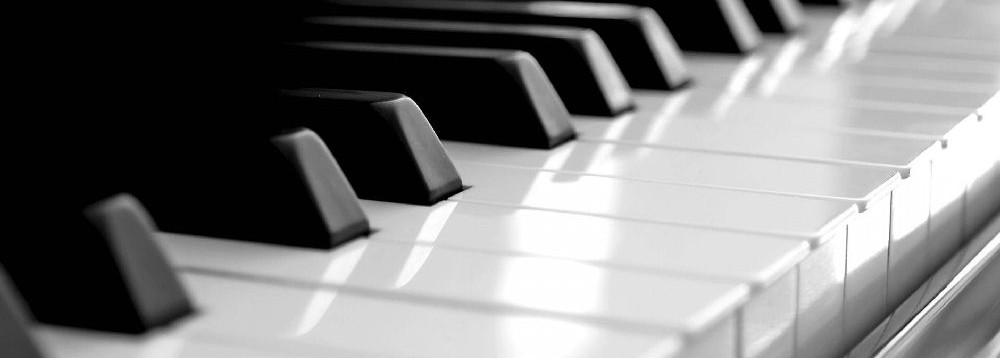The goal of practice is mastery, fluency, ease and ownership over a piece or given set of skills. This means having successfully acquired the ability to accurately perform a given piece or skill free of any stops, interruptions or mistakes. Therefore, put in place a focused, deliberate and disciplined procedure of systematic and logical activities to achieve that end.
Everything we do is habit forming, therefore, practice with a high degree of attention to all the details of the music. Avoid practice with little concern or awareness of what you are aiming to bring about. Instead, have specific goals in mind giving attention to: notes, rhythm, fingerings, articulation, phrasing, etc.
Mindless repetition generally does more harm than good. Practice is work, not play. Also, practicing a passage or section at too fast a tempo is careless and in fact harmful to your progression.
The issue of practice is not a matter of fixing mistakes after they happen, but to prepare in such a way that you assure against false readings/impulses. Therefore, practice slowly and with intense mental energy. Be intensely aware of what you are doing at all times.
Neither ‘hit-or-miss’ nor ‘trial and error’ activity will serve to foster the foundational skills necessary in forming a solid basis upon which to build more advance skills. Do not waste your time on negative gains. Do not imagine that such ‘practice’ will sustain you in the moment of a performance. In fact, given the very real pressures of performing in a test or recital situation, a pianist needs to have put in place every possible advantage of confidence and security with the music. The best possible solution for a performer is to have put in place fine practice habits and at the moment of need glean the positive benefits of your hard work.
